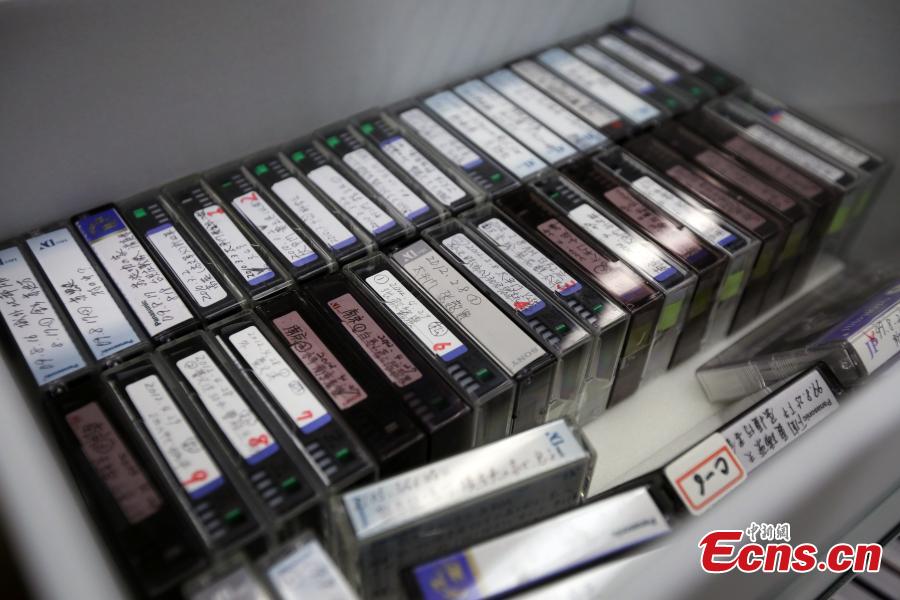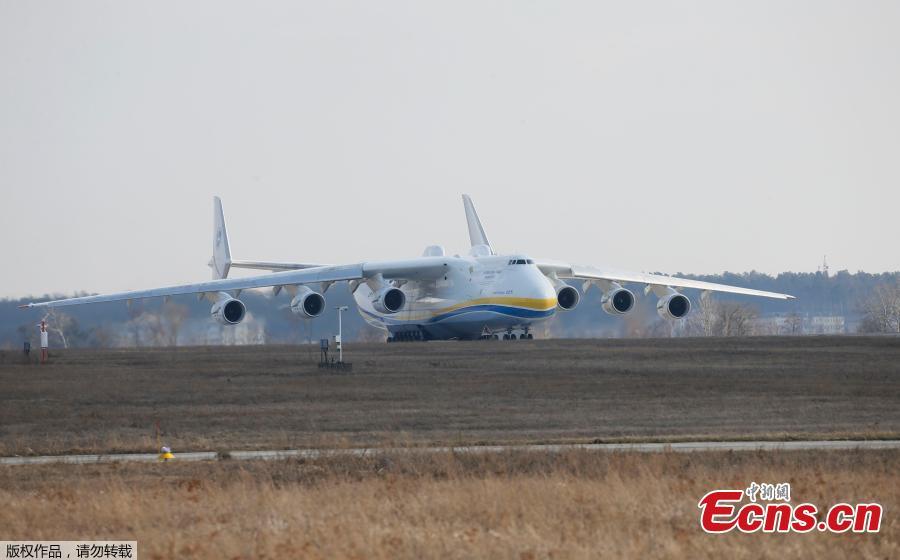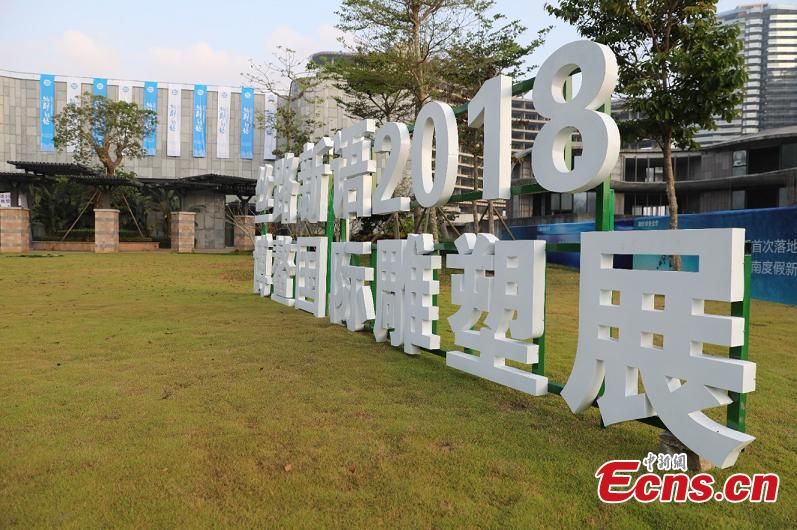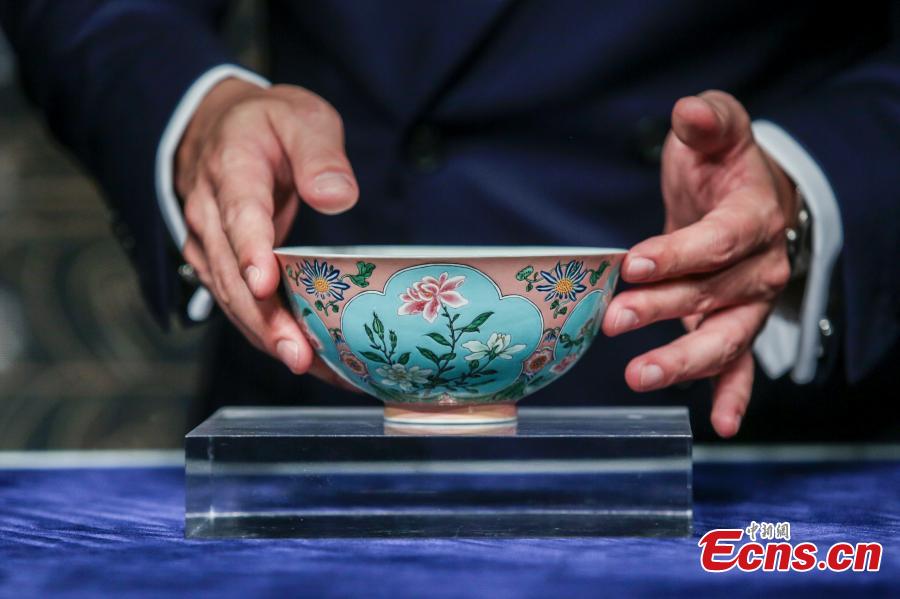The number of Chinese doctoral and postdoctoral students in the U.S. who are returning to China is growing, enticed by government support, a strong economy offering more jobs at higher pay and innovation-driven development.
Lei Ting, a postdoctoral scholar at Stanford University, has been flying back and forth between Beijing and the U.S. this past year.
Planning to become a teacher at Peking University and continue his research project there, Lei is attracted to China because of its strong economy and rapid developments in innovation, as well as the country's constant efforts to support overseas talent willing to go back.
Although there isn't a huge amount of Chinese doctoral and postdoctoral students returning to China from the U.S., the number is growing. They are returning for a variety of reasons, from being homesick to getting financial rewards from the government and opportunities for better jobs with higher pay.
In 2013, the American National Science Foundation reported that 92 percent of Chinese graduates who earned a PhD in America still lived in the U.S. five years after graduation.
From 2008 to 2015, only 3.5 percent of returnees held doctoral degrees, according to the Report on Employment & Entrepreneurship of Chinese Returnees 2017 conducted by the Center for China and Globalization. In 2016, that figure was closer to 11 percent.
The term "sea turtle" has long been used in China to refer to people who have returned home after studying abroad for several years. These overseas-educated graduates make up a privileged cohort in Chinese society and have traditionally been difficult to attract back.
However, according to the latest statistics published by the Ministry of Education, about 540,000 Chinese went to study overseas in 2016, with about 430,000 returning. Compared to 2011, 2016 saw a 37.61 percent increase in the number of Chinese studying abroad and a 56.95 percent increase in returnees.
'Returning tide'
The repatriation of PhD students who have studied abroad is part of what's called the "third students' returning tide".
"In my opinion, China has more opportunities than the U.S. regarding new technology," said Lei, the postdoctoral scholar who got his bachelor's and doctoral degrees at Stanford under the "Thousand Talents Plan".
"In the past few years, I've been working on a research project that is based on a novel graphitic carbon material with an ultrahigh surface area," said Lei, who studies organic electronic-device fabrication.
"An extremely large and often still growing share of electronic and technology supply chains are anchored in China.
"Thus, China is the best place to get my project into production with strong government support for innovation and research and more opportunities for investment."
Lei's project has been funded by the Beijing Institute of Collaborative Innovation, which was founded by 14 of China's top colleges including Peking University, Tsinghua University and the University of Science and Technology of China. They have been joined by more than 100 industry-leading companies such as BOE Technology Group and ENN Energy Holdings with strong support from the city of Beijing.
According to a recent report by New York-based Preqin, a data-intelligence company, more than $65 billion in venture capital investment was made in China last year, a 35 percent increase year-on-year and an all-time high, second only to North America with $77 billion.
Besides China's funding for capital investments and the large potential market, Lei was also attracted by the Recruitment Program of Global Experts - known as the Thousand Talents Plan. It was initiated by the Chinese government at the end of 2008 and its aim is to bring top overseas talent to China over the next five to 10 years.
Programs such as the Made in China 2025 strategy and "the mass entrepreneurship and innovation" initiative are targeting elite overseas talent willing to return and launch their startups or businesses.
Lump sums of about $75,000 are being offered by the central government, with research subsidies ranging from $150,000 to $450,000 depending on the program's level and quality.
Lei said the talent plan offered him funding for his research and a competitive salary for a position at Peking University. "The salary is equal to $80,000 to $100,000, which is the amount you might earn as a teacher here in the U.S.," he said, adding that more and more talent is being attracted by the programs.
"Six years ago, there were only hundreds of applicants for the Thousand Talents Plan and now there are thousands - the competition is fiercer."


















































